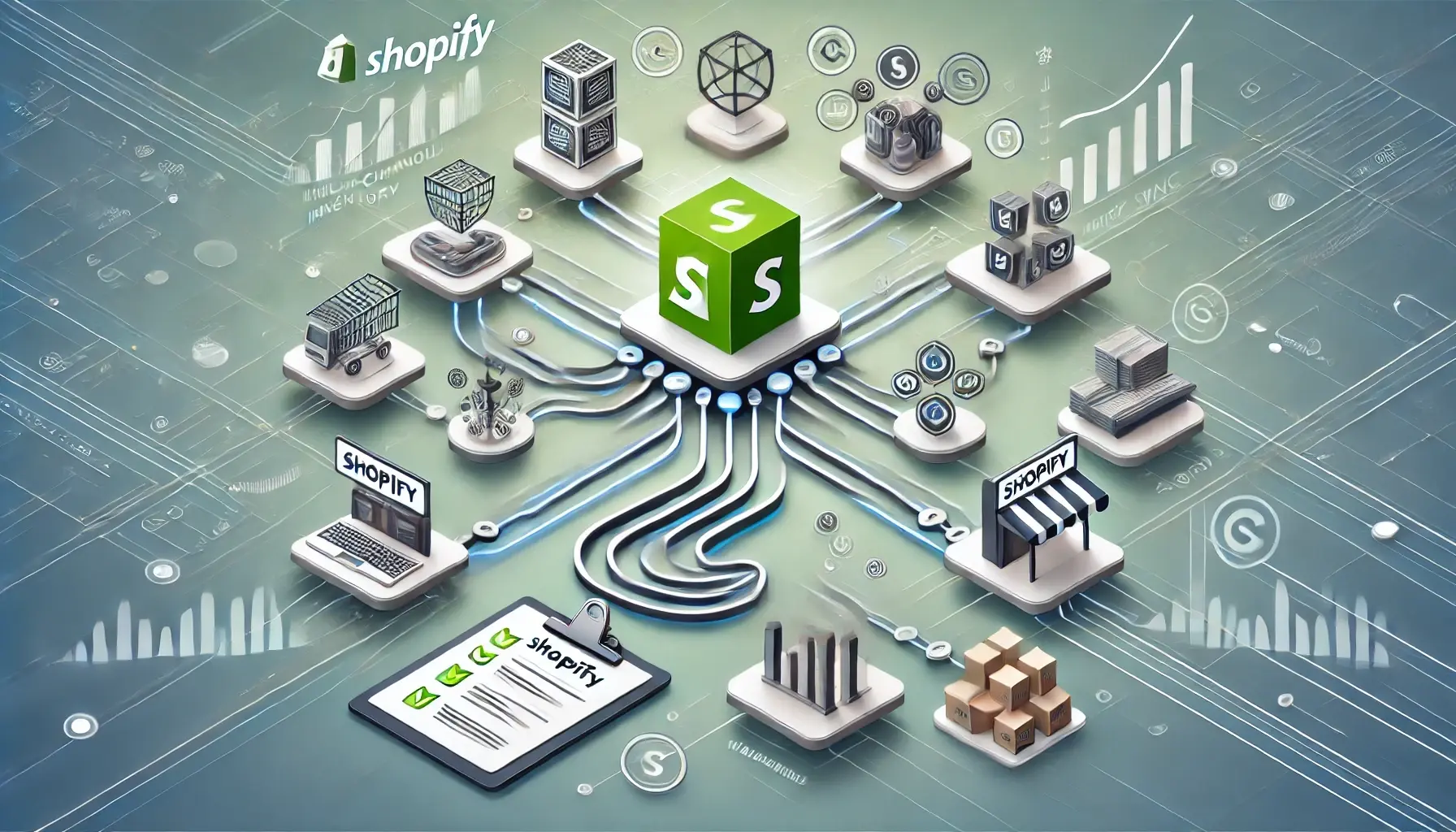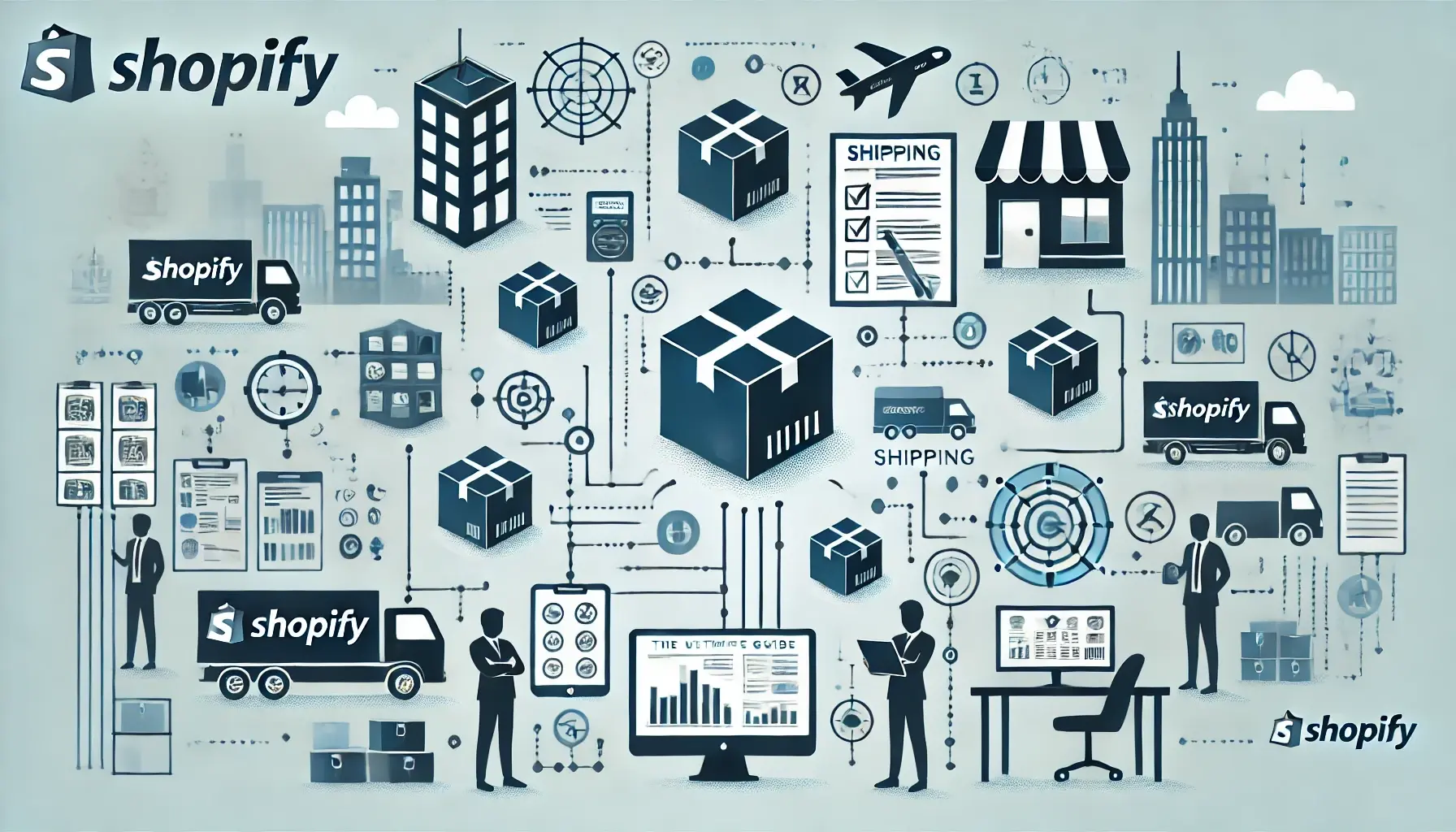In the complex world of online retail, efficient inventory management is a crucial aspect of running a successful business. As a CEO, it's your responsibility to ensure this facet of your operation is running smoothly. However, many CEOs often overlook or underestimate the importance of inventory management, leading to critical mistakes that can cost the business. Let's dive into some common pitfalls and how to avoid them.
1. Not Embracing Digital Transformation
In this day and age, failing to embrace digital transformation can lead to significant setbacks for retail businesses. Traditional methods like using spreadsheets and manual counts for inventory management are not only time-consuming but also prone to errors. A missed keystroke can lead to incorrect data entry, and stock levels can quickly become outdated. In a competitive market, this can result in lost sales and disappointed customers.
2. Ignoring Real-Time Inventory Management
Consider a busy shopping day like Black Friday. Your online store shows a popular product as available, based on yesterday's inventory count. However, due to high in-store demand, the item sells out. Without real-time inventory management, your online customers might continue to order this product, only to find out later that it's unavailable. This can lead to customer frustration, negative reviews, and damaged brand reputation.
3. Overlooking Omnichannel Inventory Management
Imagine a customer orders a product online with the intention of picking it up at a local store. If inventory management isn't synchronized across all channels, the store may not have the product in stock, despite the online system indicating otherwise. This disconnect can lead to a poor customer experience, damaging your business's reputation and possibly resulting in lost sales.
4. Lack of Proper Security Measures
Inventory data holds vital business information. If compromised, it could lead to financial losses, unfair competition, and breach of customer trust. For example, if a cyber-attack exposes a business's inventory data, it could reveal information about popular products, suppliers, and pricing strategies to competitors. Additionally, it could expose sensitive customer information, leading to potential legal consequences and reputational damage.
5. Not Utilizing Advanced Analytics
Inventory management goes beyond just knowing what's in stock. It's also about anticipating future demands to optimize procurement and sales strategies. For instance, without advanced analytics, a toy store may not gauge the increased demand for certain items during the holiday season, resulting in missed sales opportunities and disappointed customers. Alternatively, overestimating demand could lead to overstocking and increased holding costs.
6. Neglecting Vendor Relationships
Maintaining a steady supply of goods is critical to meet customer demand. Consider a retail business that consistently pays its vendors late. The vendors may start delaying deliveries or even stop supplying goods altogether, resulting in stock-outs and lost sales. Healthy vendor relationships ensure a reliable supply chain, which in turn contributes to efficient inventory management and overall business success.
7. Failing to Implement Automated Shipping
Shipping is an extension of your customer service. Suppose a business manually processes its shipping, with employees handwriting labels and manually tracking shipments. This process is time-consuming, and human error can lead to mistakes like mislabeled packages or lost orders. Such inefficiencies and errors can lead to delays, increased costs, and disgruntled customers.
8. Resistance to Scalability
A small retail store might start with a simple inventory management system that works for a single store with a limited product range. However, as the business expands to more locations and adds more products, the initial system might become inadequate, leading to inefficiencies, stock discrepancies, and increased operational costs.
9. Overlooking the Importance of Customization
Every business has unique needs and workflows. A bookstore will have different inventory management needs compared to a clothing store. Using a generic, non-customizable inventory management system may not fully cater to a business's specific needs, leading to inefficiencies, user frustration, and potential errors.
10. Ignoring the Need for Quick Implementation
When implementing a new inventory management system, any delay in the process could lead to disruption in business operations, which could, in turn, lead to lost sales and dissatisfied customers. Furthermore, lengthy implementation processes can result in increased costs and decreased productivity.
Streamline Your Inventory Management with SkuNexus
Effective inventory management is crucial for retail businesses to succeed in a highly competitive market. By understanding and avoiding these common mistakes, retail CEOs can improve operational efficiency, safeguard their data, and enhance customer service.
Embracing a comprehensive inventory management platform like SkuNexus can further assist in this process. It provides digital transformation, real-time and omnichannel inventory management, robust security, advanced analytics, and vendor management features. Moreover, SkuNexus offers customization to cater to your specific needs and ensures quick implementation to avoid unnecessary disruptions. By choosing a solution like SkuNexus, you can streamline your inventory management and elevate your business to new heights.
If you would like to learn more about how SkuNexus can become a powerful weapon in your inventory management arsenal, please contact us to learn more.
Ready to Transform Your Operations?
See how SkuNexus gives you full control over inventory, orders, warehouse, and shipping.
Schedule a Free Demo →Team Skunexus
CEO & Founder, SkuNexus
With over a decade in eCommerce operations, Yitz built SkuNexus to solve the problems he saw firsthand — rigid platforms that couldn't adapt. Today, SkuNexus is the only fully customizable, open-source operations platform for inventory, orders, warehouse, and shipping management.




